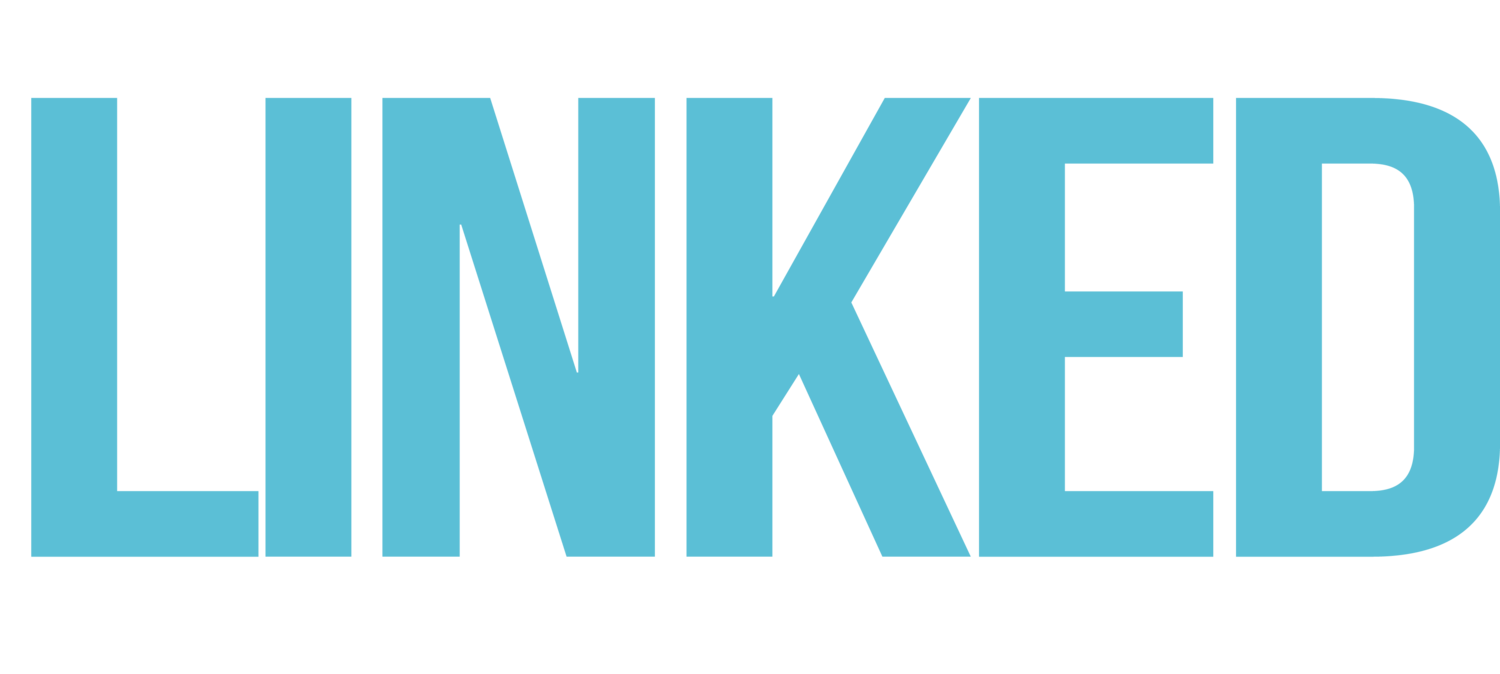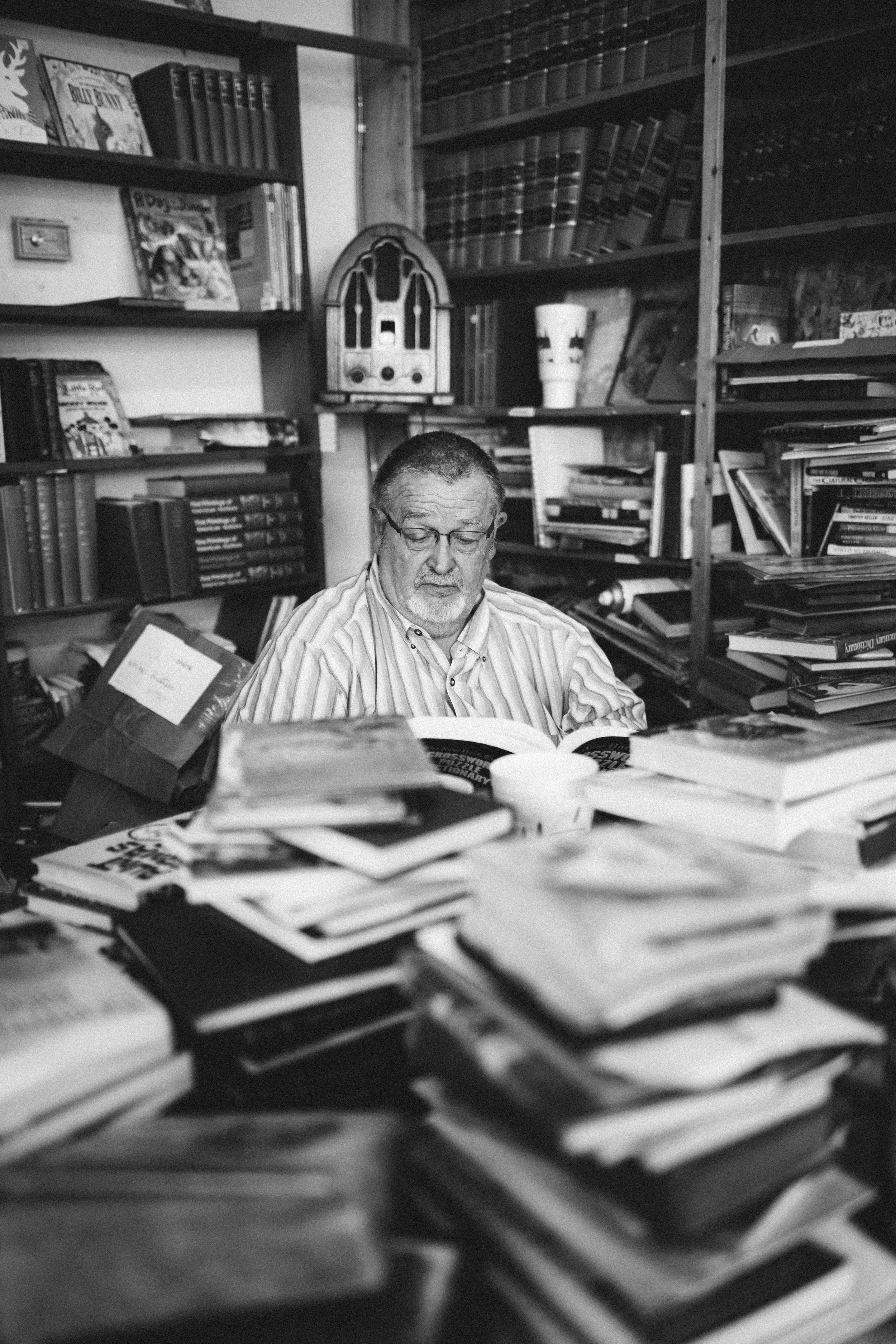When words in glossy pages of textbooks and bright lit computer screens start doing synchronized gymnastics, reading more books isn’t the automatic choice for most people. But Archive Books Inc. in Edmond might just be the place to get stifled minds breathing again.
“Oh, we have close to a million books. Logan, there's at least a hundred thousand in here, wouldn't you say?" Wayne Stephens asked his manager.
"Oh easily,” Logan Ray replied, briefly looking up from his computer screen.
“Here,” is an unassuming Edmond book store stacked to the rafters with hardcovers and paperbacks. The depth of its shelves are stocked with contemporary hits and classics, undistinguished volumes of trendy fiction and delicate vintage relics from centuries ago.
From the outside, Archive Books doesn’t draw customers with alluring displays and loud promotions. It’s large windows simply announce in bold letters that there are “Books” inside.
The day I visited Archives, their glass door was sporting a sign scrawled on a paper bag. “Paper bag sale,” it said.
Early Days of Online Books
The physical store makes up only a sliver of this company. The majority of their sales happen online, where they sell and buy used books through vendors such as Amazon, eBay and Abe Books.
“We have 10 times this amount in our warehouse,” Stephens, founder and owner of Archives Books, said. “We buy books by the semi-truck load.”
Occasionally, they sell in copious bulks as well. Stephens recalled a few of his bigger sales: six thousand books to a house in Gaillardia with Walnut floors, five thousand [no religion, no sex, no purple] to the T. Boone Pickens Ranch, thousands more to the Federal Transfer Center in Oklahoma City.
Archives Books launched it's online business in December 1995, mere months after Amazon went live.
Two-sided necessity
Selling online is a dichotomous experience.
“It helps us tremendously because that’s where 99 percent of our sales come from,” Ray said. “As far as the retail element of people coming in and looking at a used book store, it has a slightly negative effect.”
Stephens explained that while online selling increases reach, lack of physical presence makes it easier for businesses to brush off patrons. It tempts them to slice out customer service.
In this way, Archives practices a radical business technique. They list their phone number online. Consequently, they find themselves spending a lot of time talking to patrons. Stephens believes that this is the pumping heart of their operation.
“Our major product is reputation and taking care of people,” he said. “Anybody can sell books, but doing a good job is the hardest thing of all.”
Archive Books boasts a 100 percent satisfaction rating on eBay.
A Tumultuous Climate
Cultural interests have shifted in the past decades, and the conception of e-book readers still threatens to change the practice of reading. For years, newspapers have written about the precarious health of book stores and their inventory. The tone has slightly shifted over the last few years, with organizations like the American Booksellers Association reporting a national increase in independent bookstore openings.
The local scene, however, still tells a darker story.
Approximately 20 independent book stores have closed down in the Oklahoma City Metro over the last eight years. Among one of the more shocking closings was that of a used bookstore called Aladdin, a city staple that closed in 2013 after 83 years of business.
“I think a lot of the evidence comes from just what we’ve experience at the metro,” Ray said. “A classical piece of Oklahoma City history, that made it through the great depression, couldn’t even make it through today’s economy.”
Archives itself, Ray admits, wouldn’t be in business were it not for selling online.
“You just have to keep changing your tactics and survive.” He said.













A Certain Romance
Stephens agrees that to stay relevant and afloat, a bookstore must constantly be ready to reinvent itself.
“We can change on a dime,” he said. “You have to listen to your customers and change at a moment's notice.”
Despite the uncertainly of the industry, Stephens holds to the idea that books will not be replaced or rendered irrelevant. He carries books signed by immortalized authors — Kurt Vonnegut, Ray Bradbury, Michael Crichton. In his inventory are 16th century vellum covered pieces of poems and philosophy.
“They’re works of art,” he said. “You won’t see it again. There’s a romance to books that e-readers will never touch.”

